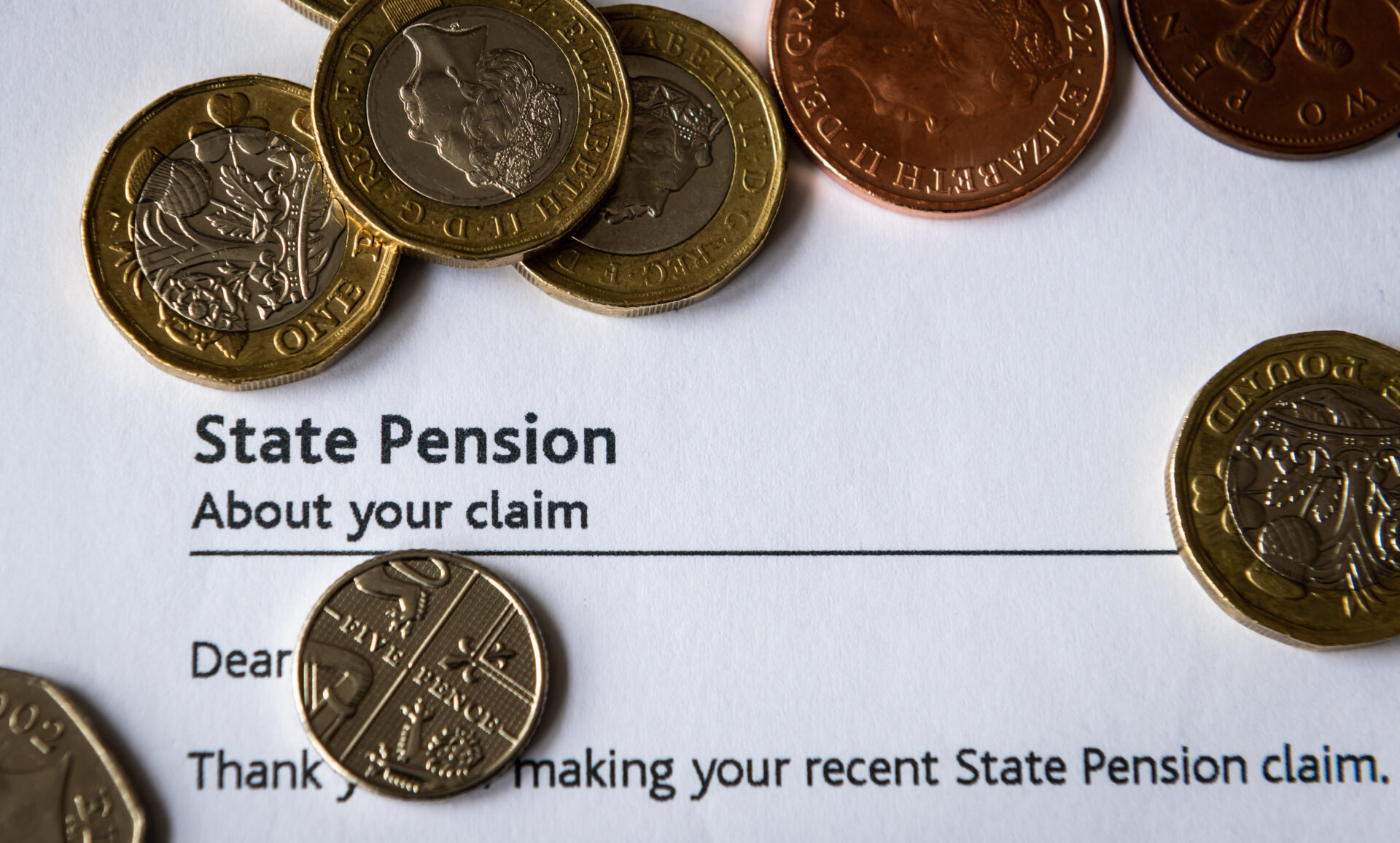Following the latest inflation announcement this morning, state pensioners are set to recieve an ‘above-inflation’ triple lock boost.
The Office for National Statistics (ONS) revealed that the Consumer Prices Index (CPI) rose by 2.8% in the 12 months to February 2025, down from the 3.0% figure for January.
From 6th April, the state pension will increase by 4.1%, as calculated by the ‘triple lock’.
Steven Cameron, pensions director at Aegon, said: “These figures come less than two weeks before state pensioners will receive a 4.1% increase to their new or basic state pension, meaning they’re on course for an above-inflation boost.
“The triple lock increases the state pension by the highest of year-on-year earnings growth for the previous May to July period, consumer price inflation as at the previous September, or a minimum of 2.5%. This year, the 4.1% increase is based on the earnings growth component.”
He acknowledged a “considerable gap” between when the increase is calculated and when it takes effect in April. However, he pointed out that “this year, the increase remains above the latest inflation figure, protecting pensioner purchasing power.”
Breaking down the figures, Cameron explained that someone receiving the full new state pension will see a £9.10 weekly increase, bringing their payment from £221.20 to £230.30 per week (£11,975.60 per year).
Meanwhile, those on the basic state pension, which applies to people who reached state pension age before April 6, 2016, will see their weekly amount rise by £6.95 to £176.45 per week (£9,175.40 per year).
While the 4.1% boost is lower than the increases in April 2023 (10.1%) and April 2024 (6.7%), Cameron noted that it remains the fourth-highest increase since the triple lock was introduced in 2011.
He concluded: “However, under a little-known rule, those entitled to an earnings-related pension on top of their basic state pension, relating to the pre-April 2016 rules, or who have topped up their state pension by paying extra National Insurance contributions (NIC), will see these elements increased in line with last September’s rate of inflation at just 1.7%.”














